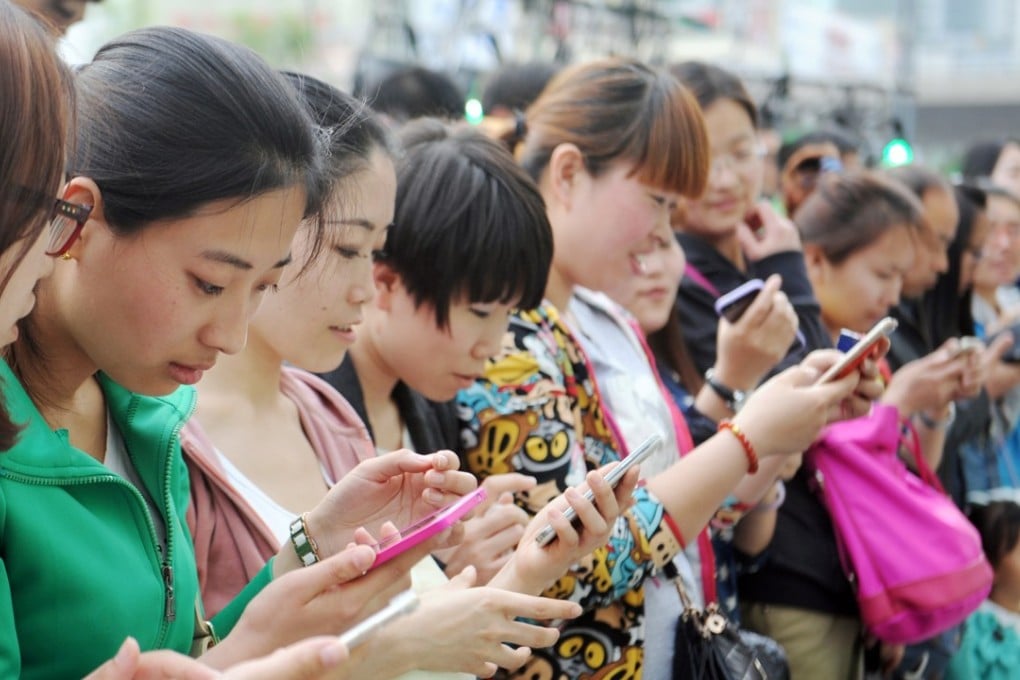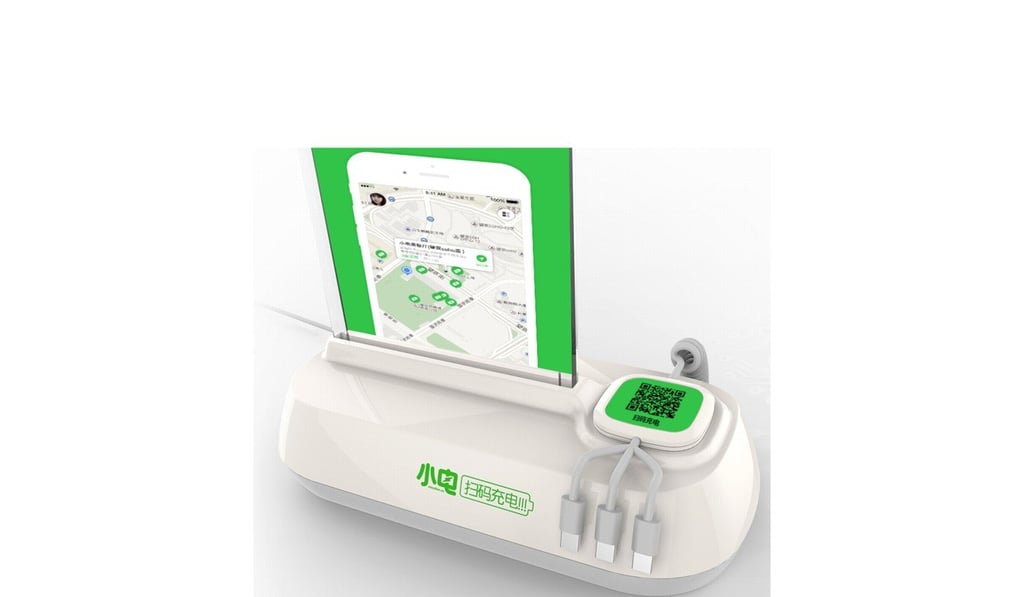Can China’s next unicorn be borne out of humble power banks?
Supporters of a power bank rental business are upbeat about a potentially lucrative market that has attracted funding for internet giants including Tencent. Critics think it is simply hype

The investors are in it for a simple reason: To cash in on the low battery anxiety that plagues China’s more than 1 billion smartphone users by allowing them to rent portable power banks as and when they need.
A dozen of players have jumped onto the power bank rental bandwagon in the past several weeks, driven by the influx of venture capital. The rental outlets have started to flood major cities in China with all kinds of designated power bank distribution machines, which can be as big as a vending machine or as small as a mini fridge.
Through apps, users can find the nearest available machines, which are usually located at cinemas, shopping malls and restaurants, and rent a power bank out via scanning quick respond codes. The price is often set at 1 yuan per hour.
“Driven by the rapid development of mobile payment and the frequent use of smartphones in China, power bank rental is set to push the entire industry of internet of things moving forward,” said Tang Yongbo, founder of the Tencent-backed Xiaodian, which is arguably the market leader of power bank rental for raising a total of 450 million yuan, by far the biggest amount in the industry so far.
